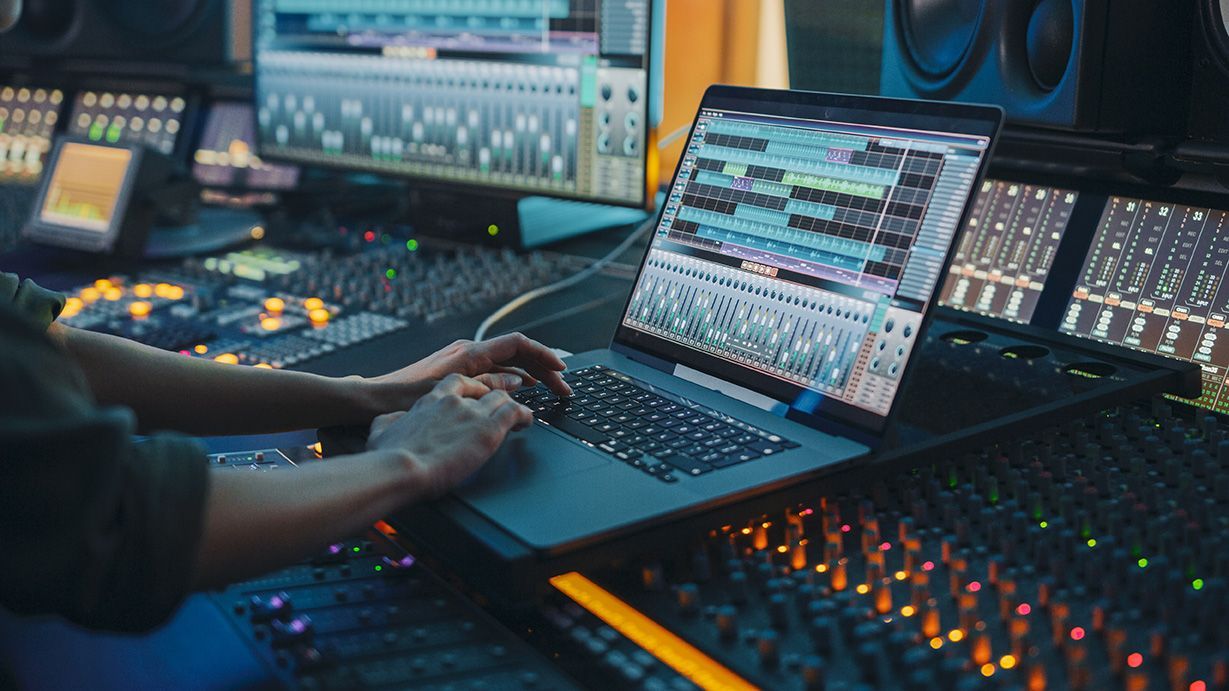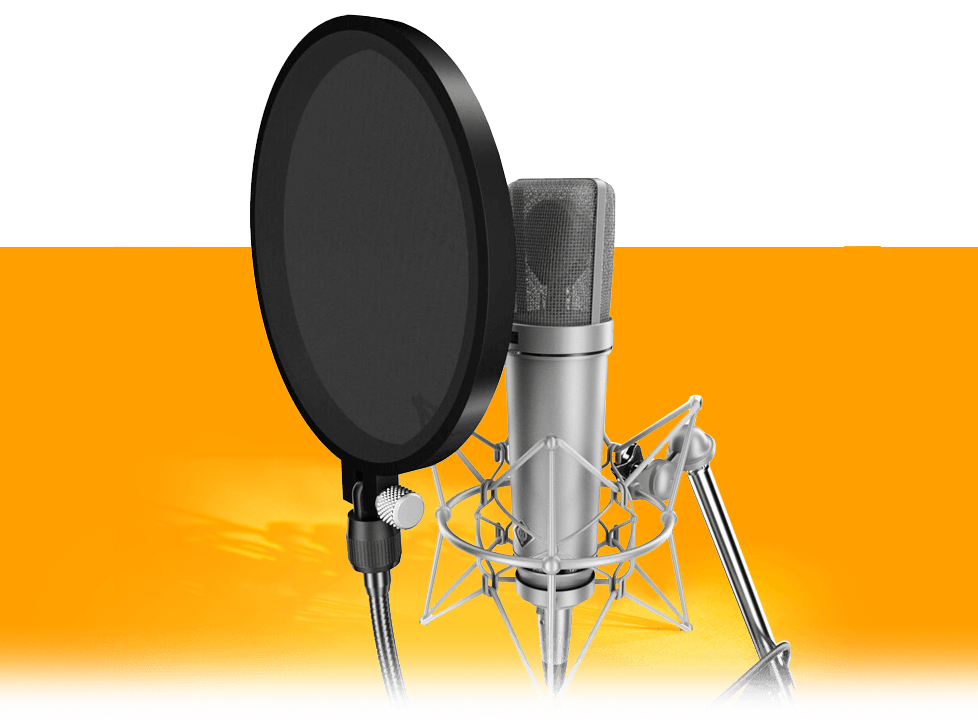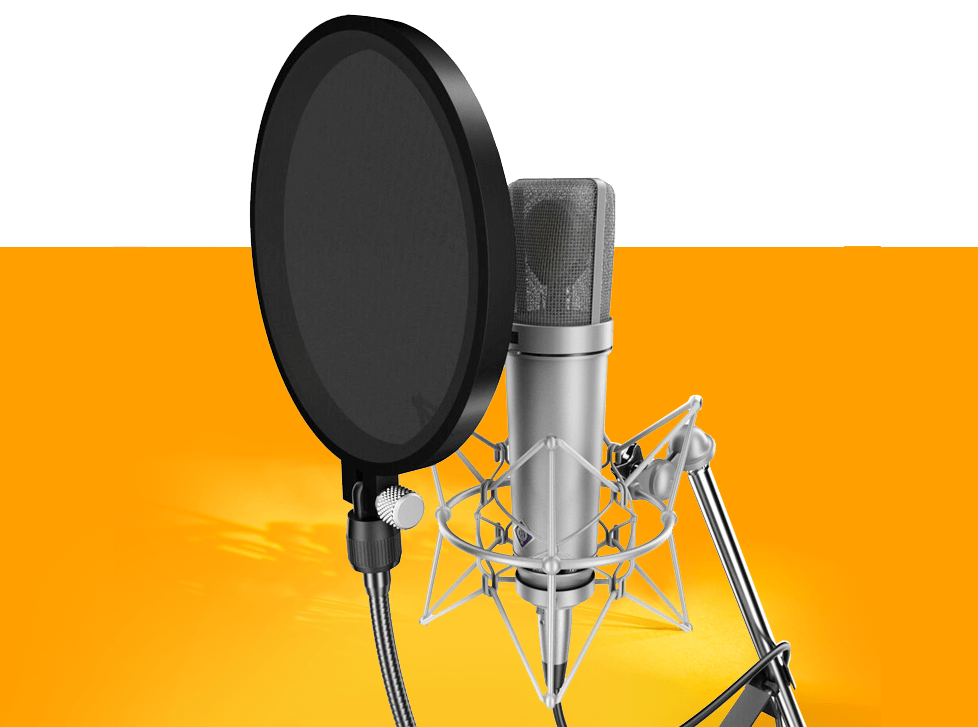Behind the Scenes: The Multifaceted Role of a Music Producer
Jeremy Alves | May 27, 2024

Do you want to become a music producer? For the right person, music engineering and production can be the perfect career that blends creativity with technical aptitude.
However, those who appreciate a consistent workday or a specialized, narrow role may not be the best fit for a career in music production. Producers are expected to wear many hats, depending on the project's needs.
Sometimes, the producer steers the creative direction of a track, but their technical experience is needed on the next project. Many projects will blend both, varying from day to day or even hourly.
So while you’re exploring music producing schools, let’s explore what your future career might look like based on the many roles you’ll be expected to fill.
The Many Roles of a Music Producer
People outside of the industry tend to think of music producers as creatives focused only on making the track and working with artists. While that is a big part of working as a music producer, most producers go far beyond that role.
Anyone looking to gain the necessary skills from
music engineering programs should know what their future might look like before enrolling.
So, let’s break down a few overall categories of roles that a producer might take on throughout the course of their career, or even within a single day.
The Creative Guide
Music producers generally need to bring their creativity to the project, often advising the artist or label and aiming to bring their vision to life. Over time, your creativity might be why you’re sought after by artists.
Your experience and unique creative perspective don’t exist by themselves, however, and you’ll need to contribute to a collaborative project that likely has input from several different people.
Executing other's input, on top of adding your own style, is how you ensure a lasting career. Even if your own creative impulses aren’t the most interesting or don’t make the cut, bringing others’ input to life is a vital aspect of this career.
The Technical Expert
The overall task of producing music requires a strong technical understanding of all the moving pieces, from audio capture to specialized VSTs. A producer must also have a strong grasp of not only how to set up and use these tools but also how to fix them when issues arise.
Some days you’ll focus more on the creative side, but other days will be strongly focused on tech. For example, when working with a recording artist, pre-production is usually heavily technical as you make sure everything is set up and functional so you can start recording the moment the artist arrives.
You may also need to take a music engineering focus, especially on smaller projects, and need to dive deeper into the technical side of the entire process than usual.
The Business Mindset
A career in production in music isn’t just about the music. Producers need to have a business-minded focus frequently throughout their careers. For freelancers and contractors, music producers will essentially be running a small business and need to continually find the next client.
However, even full-time producers at a studio need to have a business mind for one consistent reason: you’re trying to make a marketable product. Even though the artistry of music is a driving force behind the industry, making tracks that get sales and streams is ultimately the goal.
Understanding the business motivators behind the specific project is a critical role of the producer. Being able to make a song that becomes popular will work wonders for your career, and that begins with a business mindset.

Necessary Skills to Succeed in Music and Sound Production
You’ll need specific skills related to the roles we discussed above. Being able to shift from a creative focus to a technical one as necessary is challenging for many people. Still, those who can develop this ability are set up to succeed in this career.
Moving between roles relies on having the necessary skills for each of the major roles you’ll be expected to fill. Let’s explore the specific skills in the same categories so you can decide if acquiring them from music producer programs is the right choice for your career.
Music Skills
You’ll need a strong foundation in music theory, sound design, and how to make a specific artistic vision become reality. Working as a music producer is a blend of a strong grasp of music and what makes a great song combined with more granular technical skills.
That’s why music engineer programs don’t just focus on the technical aspects of the career but instead impart a strong understanding of how music works from theory to a completed track.
If you think you have no musical talent, don’t worry, you can learn how to make incredible music. A sense of rhythm can be developed, as can your tastes and understanding of music theory. While there may be some latent talent that gives people a boost in music production — it’s not a requisite.
Technical Skills
The primary technical skill you’ll need is working with your Digital Audio Workstation (DAW) of choice. There are several DAWs out there to consider, but the three most common options in the industry are:
- Pro Tools
- Logic
- Ableton
- FL Studio
Don’t make the mistake of hopping between these DAWs while learning. Evaluate them, sign up for free trials, and then make your decision. Once made, focus on becoming the master of your chosen DAW rather than a jack of all DAWs. If you need to switch in the future due to working on a specific project or needing a specialized capability, the same underlying principles will carry over.
Your chosen music engineer course will most likely focus on a single DAW, or maybe two, to give you more experience. The industry-leading software from Avid (Pro Tools) will be standard DAW for any high-end or cutting-edge facilities. If you’re looking to work in a professional studio, or planning to go to school to learn about audio, be sure to evaluate which DAWs they will be teaching.
Read more here.
Soft Skills and Business Acumen
Are you easy to work with? How do you handle conflicts? Can you market yourself with confidence? These and other similar questions will play a large role in getting started in the music industry and then continually growing your career.
Working as a music producer means inherently working in a collaborative position. Some projects will have more independence and creative input than others, but as a general rule, expect to work with others throughout your career.
Additionally, knowing how to put together a resume and portfolio, handle yourself in an interview, and speak confidently about your abilities is critical to lasting career growth. Soft skills are also needed for finding your first job, internal promotions, or moving to another studio or facility.
Challenges Music Producers Often Face
While the roles and associated skills involved with music production make it an exciting career, there are some challenges to be aware of. So before you sign up for a sound engineering course, let’s quickly touch on a few challenges you should know about:
- Balancing creative vision with expectations of commercial success: Going from a hobbyist to a professional can be exciting, but you’ll now be expected to craft tracks that find commercial success. Learning how to fit yourself technically and creatively into someone’s artistic vision with a can-do attitude is extremely important. Either way, the success of what you create will inform your reputation.
- Keeping up with the latest technologies: This career choice involves staying current on the latest DAW version, popular plugins, sound libraries, VSTs, or overarching technological breakthroughs that affect your job. For example, a new wave of AI-enabled VSTs has been released, but which ones are worth your time and which aren’t? You’ll need to know.
- Managing time and resources: Even though you’ll typically work collaboratively, you’ll still often be in charge of how your time is spent on specific tasks. Additionally, some projects might have a given budget for licensing samples or hiring musicians, and that also needs to be managed properly. Time management and business acumen will always be important.
Some people will look at these challenges as additional reasons why music production is an excellent career choice, while others may be better suited for exploring
another side of audio engineering. Whatever you choose, it’s well worth understanding the potential downsides of your future career.
Prepare for Your Multifaceted Career at OIART
Working as a music producer is a perfect career choice for someone who likes every day to be a little different than the last, wants to blend creativity with technical aptitude, and loves the artistry of crafting music that brings an overall vision to life.
Work days often involve both creative and technical roles at once, while other days call for focusing more on one aspect over the other. Throughout, staying professional and business-minded is important.
Music production and engineering schools prepare you for the multifaceted roles you’ll take on throughout your career. Researching before enrolling in the right program equips you with the musical, technical, and business skills to build a lasting career.
OIART offers industry-leading music engineering programs designed to train you to work in the field after graduation. Ready to take the first step towards working in the music industry?
Apply to OIART today and get ready to learn all the skills you need for this multifaceted career.
Ready to Start?
OIART's Audio Program Includes:
✓ Small Class Sizes
✓ On Site Facilities
✓ Industry Leading Instructors
✓ Post Grad Support & Guidance
✓ Exclusive 11 Month Program
Top Reasons Why You Should Choose OIART.
Have Questions?
If you have questions about our audio engineering and music production program or would like to book a tour, we would be pleased to speak with you.
Text Us: 519.200.4151
Share This With a Fellow Music Lover
Apply in 4 Steps!
Step 1: Click apply now.
Step 2: Answer 8 questions about yourself.
Step 3: Upload supporting documents.
Step 4: That's it! You are done.
Share this with fellow music lovers


